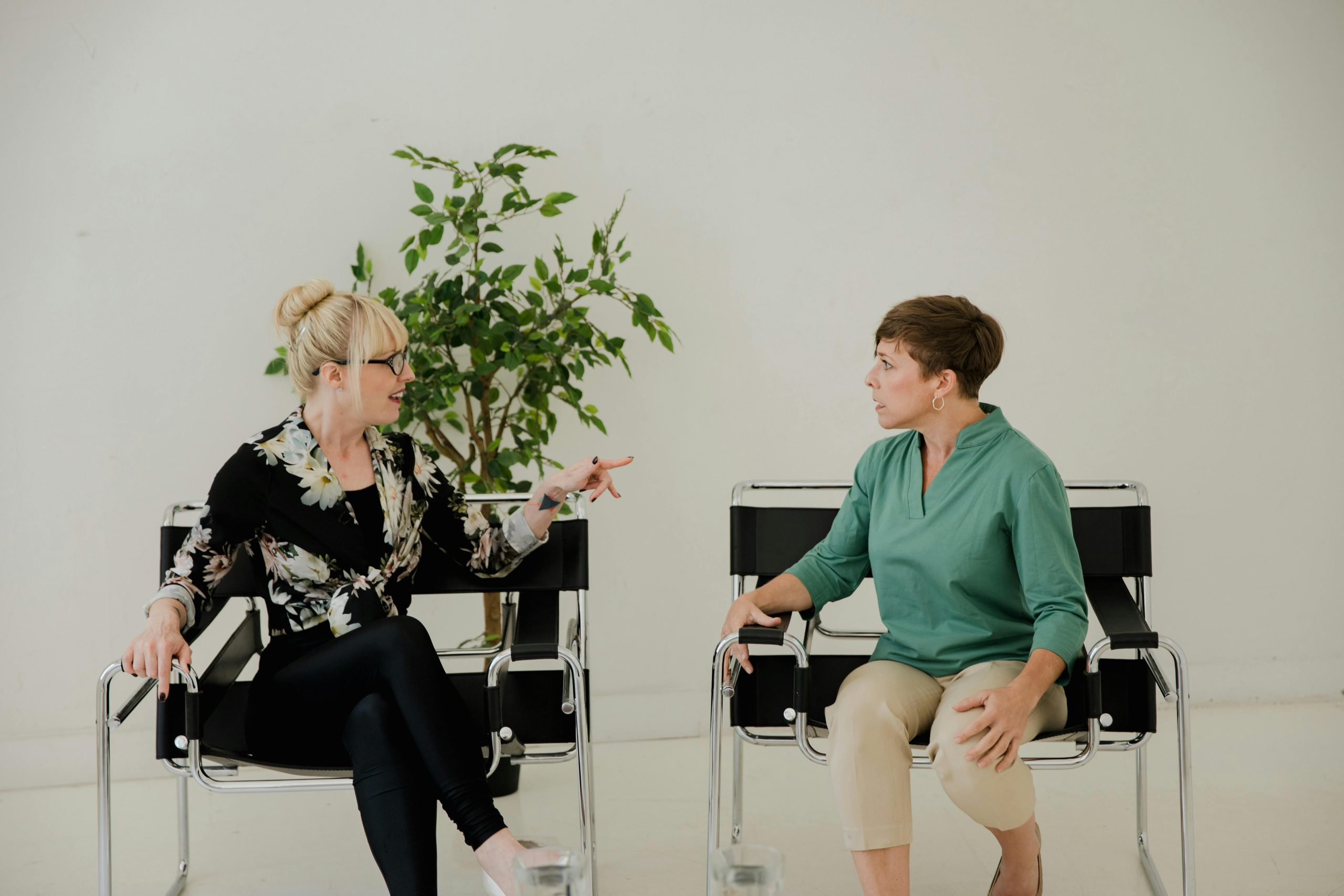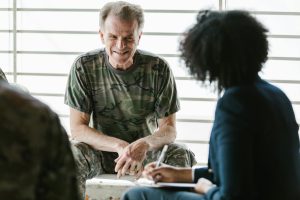Debate Teams: Building Critical Thinkers
Debate teams are much more than just a group of students engaging in a healthy argument. They serve as a platform for developing vital skills such as critical thinking, effective communication, and persuasive speaking. By participating in debates, students are not only exercising their minds but also building essential life skills that will benefit them in their future endeavors. In this article, we will delve into how debate teams help in the development of critical thinkers and why they are an essential aspect of any academic setting.
The Art of Critical Thinking
Critical thinking is the ability to analyze, evaluate, and form judgment on a given topic or situation. It is an essential skill that focuses on questioning, reasoning, and reflecting in a systematic and logical manner. Debate teams provide an ideal environment for students to practice and enhance their critical thinking abilities.
Structured and Logical Arguments
In a debate, students are required to present arguments that are well-reasoned, backed by evidence, and supported by logical thinking. This analytical approach helps students develop the fundamental ability to think and reason critically. They learn how to analyze a topic from different angles, identify flaws in arguments, and provide counter-arguments to strengthen their own stance. This process enables them to become more confident in their ability to think critically and effectively communicate their thoughts.
Research and Analysis
In order to formulate sound arguments, students in debate teams need to conduct extensive research on their chosen topics. This involves gathering information from various sources, evaluating its credibility, and using it to support their arguments. By doing so, students develop their research and analytical skills, which are crucial components of critical thinking. They learn to question the validity of information, pay attention to details, and look at different perspectives before forming an opinion.
Exposure to Different Opinions
Debates often involve topics that may have more than one valid perspective. By participating in these discussions, students are exposed to a diverse range of views and opinions. This challenges their thinking and encourages them to consider alternative ideas. This broadens their perspective and helps them become open-minded critical thinkers who can look at all sides of an issue without personal bias.
The Power of Effective Communication
Debate teams provide a platform for students to learn and practice effective communication skills. This goes beyond simply speaking eloquently; it involves the ability to articulate thoughts and ideas clearly and persuasively. These skills are vital in any academic or professional setting, where the ability to communicate effectively can determine the success or failure of a project or idea.
Public Speaking Skills
Debates require students to speak in front of an audience, which can be a daunting task for many. However, through regular practice and exposure, students can overcome their fear of public speaking and develop confidence in their ability to address a crowd. This skill is invaluable in any field, as it enables individuals to present their ideas articulately and assertively.
Engaging and Persuasive Arguments
Debates are a battle of arguments, where students must not only express their thoughts clearly but also persuade their peers to accept their point of view. In doing so, they learn to use persuasive language, solid reasoning, and evidence to support their stance. This builds confidence in their communication skills and equips them with the tools to effectively convey their ideas in a way that resonates with others.
Active Listening
In a debate, students must listen intently to their opponents’ arguments to form strong rebuttals. Active listening is a critical component of effective communication, as it involves not only hearing but also understanding the speaker’s message. Through participation in debates, students learn to listen attentively, analyze information, and respond appropriately, which are all skills that are essential for effective communication.
The Art of Persuasive Speaking
Debate teams also offer students a unique opportunity to develop the art of persuasive speaking. This skill is essential in any setting, as it involves the ability to influence and persuade others through effective communication.
Confidence and Poise
Debates help students build confidence and poise by allowing them to express their thoughts and ideas in a structured and controlled environment. This confidence allows them to present their arguments persuasively and convincingly, even when faced with opposition.
Structuring Arguments Strategically
Persuasion is not just about speaking confidently but also about presenting arguments in a way that resonates with the audience. Debate teams teach students how to structure arguments strategically, using evidence and persuasive language to sway opinions in their favor. This skill is crucial in fields such as politics, law, and marketing, where persuasion is a key component of success.
Effective Negotiation
Debates also provide students with an opportunity to engage in negotiation through cross-examination and team discussions. These activities help students develop the ability to listen to and understand different perspectives, find common ground, and come to a mutually beneficial agreement.
Conclusion
In conclusion, debate teams serve as a powerful tool for building critical thinkers. Through structured and logical arguments, extensive research, exposure to diverse perspectives, and development of effective communication and persuasive speaking skills, students participating in debate teams are equipped with crucial skills that go beyond the academic setting. They are prepared to take on future challenges with confidence, analytical thinking, and persuasive communication. Therefore, it is essential for schools and educational institutions to encourage and provide opportunities for students to participate in debates and harness their potential as critical thinkers.











